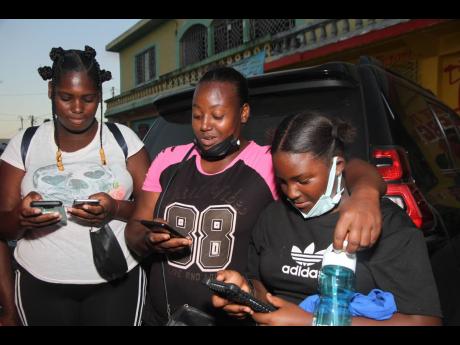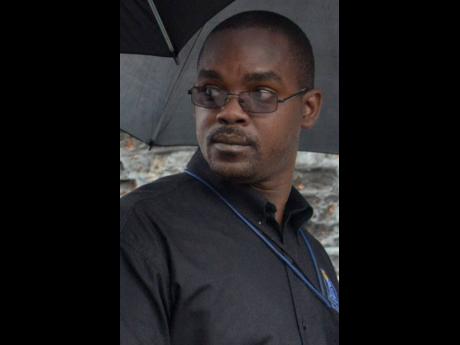JTA president wants greater commitment to set Wi-Fi for students
WESTERN BUREAU:
While applauding the latest initiatives to establish free community Wi-Fi access across Jamaica, including a new Internet hotspot in Grange Hill, Westmoreland, Jamaica Teachers’ Association (JTA) President Winston Smith says greater willpower must be exercised in making Internet connectivity more accessible to students.
“Putting up one Wi-Fi hotspot is good, but what really matters is that the connectivity is available for students to have access and for teachers to utilise it to enhance their educational opportunities,” said Smith. “We are asking that the desire, the will, and the commitment be put in place to facilitate such infrastructural developments for the benefit of education.”
INTERNET HOTSPOTS
The JTA president’s call follows the recent establishment of free community Wi-Fi in Grange Hill, which is one of 28 Internet hotspots, which have been set up in Jamaica under the Universal Service Fund (USF). A similar community Wi-Fi launch was held in Kellits, Clarendon, last Friday.
Both developments are part of a plan by Science, Energy, and Technology Minister Daryl Vaz for the USF to set up 189 Internet hotspots across the country by March 2022. Vaz had previously announced in May that 196 schools would be connected to the existing islandwide broadband network for access to high-speed Internet during the current school term.
EXTRA EFFORT NEEDED
Commenting further on the need for students to have accessible Internet service, Smith said that extra effort must be put forward to accomplish that goal ahead of the anticipated resumption of face-to-face classes.
“We are hoping and looking forward to other such infrastructure being placed in other parishes or other communities that have a similar need, and to especially fast-track it in preparation for January’s reopening of face-to-face interaction. Internet accessibility is always going to be of great importance because students still need to do research to do their school-based assessments and to do general advancement of their own knowledge-base through online sources,” said Smith.
“It comes down to how much we really want to make it happen. If we really want to put this infrastructure in, then it could be done in a short period of time, once the will is there and the resources can be made available to make sure it is done,” added Smith.
Internet access for online classes has proven to be a recurring challenge since the onset of the COVID-19 pandemic last year March resulted in physical schools being closed. Among the problems that teachers and students have had to contend with are consistent connectivity in some rural locations, availability of gadgets, and the high cost for telephone data plans.
Compounding the issue is a revelation by Education Minister Fayval Williams in May of this year that 120,000 students islandwide were not engaging in online classes or using any other modes of learning.


